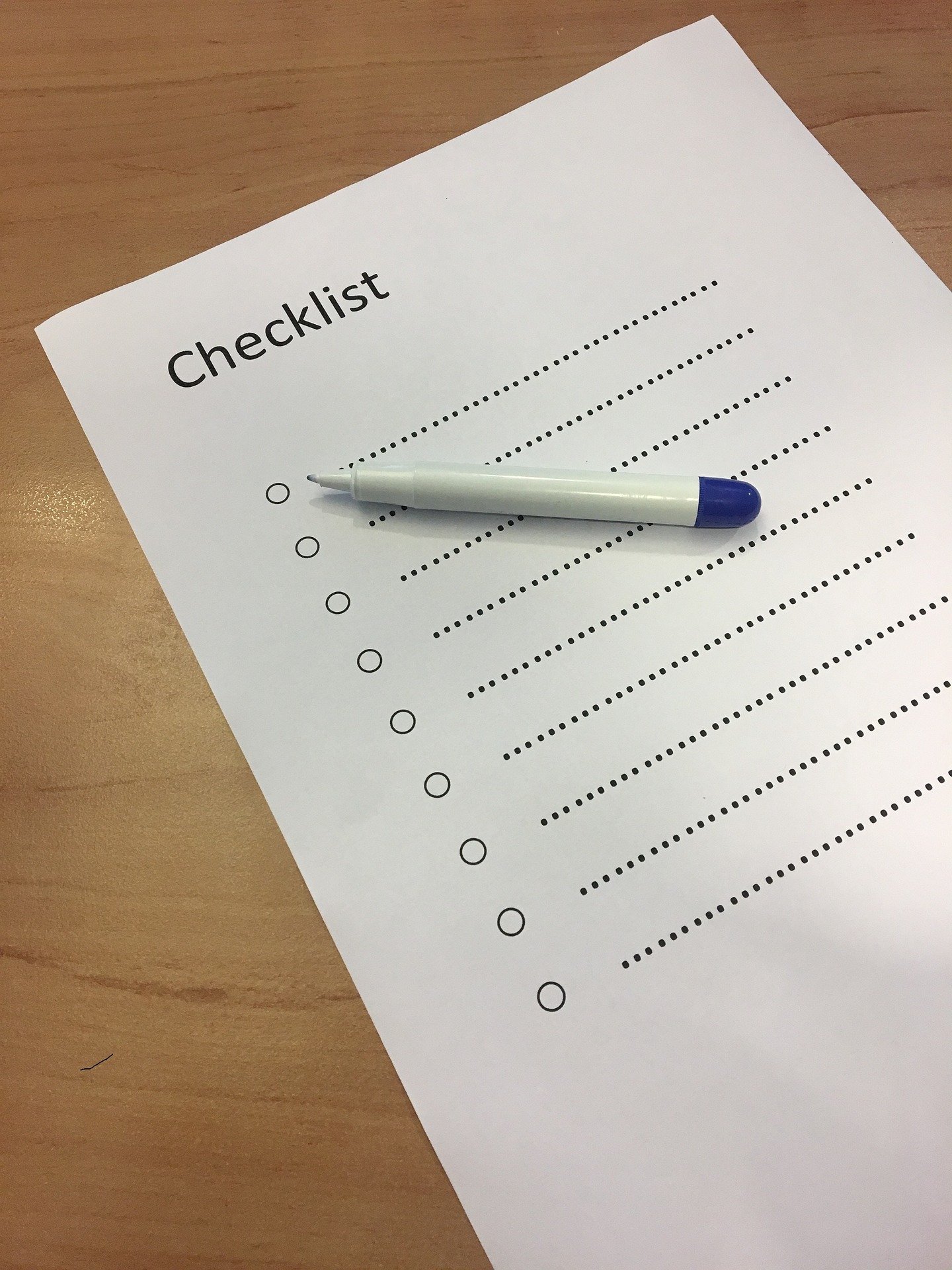Small Business Checklist: 7 Things You Must Do Before Launching
Launching a small business is an exciting venture that many people dream of. Yet before you go into it blindly, there are some important tasks that need to be completed first. In this blog post we'll discuss the things you really must do before launching your small business to make sure everything goes without a hitch.
#1 - Reserve Your Brand Name Online
You need to get your business name reserved so that no one else can use it. This includes setting up accounts on social media and registering your domain name, even if you're not ready to use it yet. It's a huge headache to have someone else use your business name after you begin marketing under that moniker.
#2 - Check Out the Competition
Market research is essential. You need to understand the competitive landscape that you're about to enter. This will also help you figure out how best to market your business on social media or on other platforms. Take a look at what your competitors are doing well and where their weaknesses lie so that you can build a business that stands heads and shoulders above the rest.
#3 - Register Your Business
You should register your business as soon as possible. This involves checking with the government to see if you need a license, and then filling out necessary forms accordingly. Even though this can take up quite some time, it's better than having to pay fines or face other legal consequences because you didn't get everything taken care of in advance.
#4 - Design Your Logo
Your business logo is the first thing your customers will see, so it's important that you get this right. Once you've come up with a few designs for yourself, hire an expert to help bring them to life and make sure they're free of any copyright issues or other legal problems - otherwise you'll have serious headaches on your hands that you don't need.
#5 - Create a Business Plan
Your business plan is basically your roadmap to success, so it's important for several reasons. First of all, the process itself will help you focus on what you need to do. Secondly, it's great for helping you identify where problems might arise and what needs to be done in order to fix them, or prevent them altogether. Finally, having a business plan is critical if you want investors or the bank to take your business seriously; they'll see that you're serious about building something sustainable that won’t disappear after a year or two.
#6- Hire an Accountant/Consultant/Financial Advisor
You don't want to miss out on key tax deductions, even if you're just starting off. Hire an accountant/consultant/financial advisor as soon as possible because they can help make sure that nothing slips through the cracks and that your business is fully compliant with all relevant regulations from the beginning.
Furthermore, an accountant/consultant/financial advisor will help you to apply for funding and investment, which can be a huge boost for your business and make the path to success significantly smoother.
#7- Create a Cash Flow Management System
Having a cash flow management system in place before you launch your business is vital for success. This will allow you to keep track of incoming and outgoing funds so that nothing gets lost or forgotten about, which can be extremely dangerous. Without this kind of financial tracking mechanism in place, things are bound to go wrong. After all, it's hard to achieve steady growth when you keep running out of cash!
Summary
In order to have a successful business, you must be able to plan ahead and take care of all the details. A thorough checklist will help your small business stay on track from start-up to when it is well established in its niche market. The seven things we've discussed for this article are just a few suggestions that every entrepreneur needs to know before they launch their own small business. By following these tips, you'll avoid any potential problems down the road and be ready for anything that comes your way.

